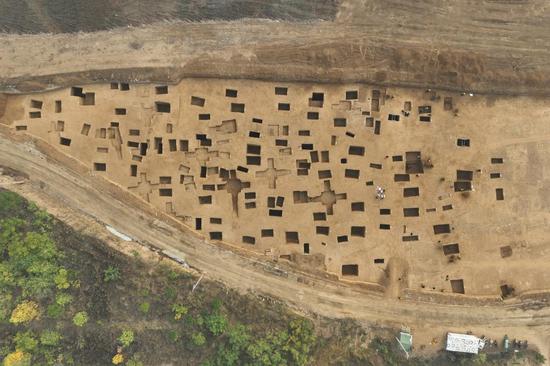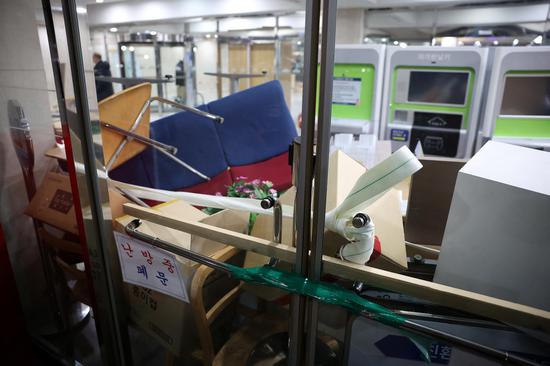China is ramping up efforts to combat tuberculosis by increasing screenings for high-risk populations and promoting the use of novel technologies to speed up detection, according to a recent policy document and experts.
TB, an ancient disease caused by an airborne bacterium that primarily affects the lungs, caused an estimated 741,000 new cases in China last year, with an incidence rate of about 52 cases per 100,000 people.
In an action plan released last week by the National Administration of Disease Control and Prevention and eight other government departments, China aims to reduce the TB incidence rate to below 50 cases per 100,000 by next year and to fewer than 43 per 100,000 by 2030.
Zhao Yanlin, director of the National Center for Tuberculosis Control and Prevention at the Chinese Center for Disease Control and Prevention, highlighted several challenges to achieving these goals, including the country's aging population, high infection rates in certain regions, and a growing number of drug-resistant TB cases.
"The TB epidemic in western China is more severe, with about 10 percent of districts or counties classified as high-prevalence areas, as noted in the action plan," Zhao said at an event hosted by Peking University's Center for Social Media Research on Sunday.
Of the 700,000-plus new TB cases reported annually in China, approximately 29,000 involve drug-resistant strains.
"Drug-resistant cases are more difficult, time-consuming and costly to treat, and also it's crucial to address the side effects of medications for these patients and their adherence," Zhao added.
Despite the hurdles, China has made significant progress.
Since 2012, TB incidence and mortality rates have decreased by 30 percent, with around 7.85 million patients identified and receiving standard treatment. To further curb the epidemic, the action plan outlines several measures, including strengthening proactive screening among high-risk groups such as people in close contact with confirmed cases, HIV/AIDS patients, recovered TB patients, the elderly and individuals with diabetes.
The plan also calls for TB examinations in routine health checkups at schools, detention facilities, social welfare institutions, psychiatric hospitals, industrial enterprises and mining sites.
High-prevalence areas are urged to increase the frequency and coverage of these screenings.
The document emphasizes the need to adopt new technologies. Local authorities are encouraged to equip county- and district-level medical institutions with molecular diagnostic tools to identify drug-resistant TB strains. Remote diagnostic platforms and artificial intelligence-powered systems are also recommended to improve diagnosis efficiency and accuracy, particularly in grassroots clinics.
"About 50 to 70 percent of TB transmission occurs before diagnosis," Zhao noted. "Early detection, coupled with prompt treatment, can significantly reduce the spread of the disease."
Chen Zhongdan, at the World Health Organization China Representative Office, added that many TB patients do not exhibit classic symptoms, such as persistent coughing.
According to global research, 82 percent of patients do not experience consistent coughing, and 62.5 percent do not cough at all, leading to delayed or missed diagnoses.
Last year, an estimated 2.6 million TB cases worldwide were undetected. In China, about 200,000 cases went unrecognized, underscoring the importance of enhanced screening efforts.
Chen suggested adopting a systematic screening approach, which strengthens screening among high-risk groups and tailored screening measures to local epidemic situations.


















































 京公网安备 11010202009201号
京公网安备 11010202009201号